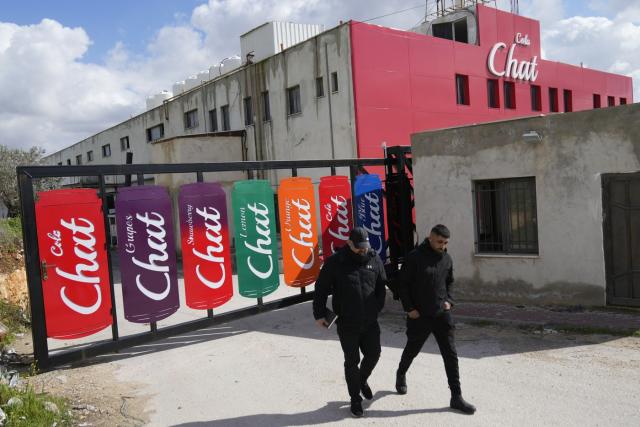A major shift in consumer preferences is taking place in the West Bank, where Coca-Cola has been largely pushed out of the market due to a growing boycott of American products. The boycott, fueled by opposition to U.S. support for Israel in the ongoing conflict, has paved the way for local alternatives like Chat Cola to dominate the region.
Chat Cola, a Palestinian beverage company, has seen a significant surge in sales since the war began. The product, which closely resembles Coca-Cola in both taste and packaging, has become the preferred choice for many consumers who have actively stopped purchasing American brands. Store owners across the West Bank have responded to the demand by removing Coca-Cola from their shelves, making Chat Cola the primary soft drink available in many areas.
The boycott has had economic consequences, not just for Coca-Cola but also for its Palestinian employees, who are feeling the impact of declining sales. While the full extent of financial losses remains unclear, this is the first time such a widespread boycott has been seen in Palestine. Organizers and consumers alike view this movement as a way to express their discontent with U.S. foreign policy.
As the local brand continues to gain traction, Chat Cola has begun expanding beyond Palestine. The company hopes to establish itself as a competitive international player, with a spokesperson emphasizing that their goal is not to replace Western brands but to offer a homegrown alternative.
KFC has also faced similar challenges in the region. Once operating several outlets in Ramallah, the fast-food giant has now completely shut down due to dwindling sales and public opposition. The shift signals a growing consumer movement favoring local businesses over multinational corporations linked to the U.S.
Founded in 2020 in the city of Salfit, Chat Cola has quickly emerged as a leading Palestinian manufacturer of carbonated beverages, juices, energy drinks, and purified water. The company’s success within a short period reflects a broader trend of local brands stepping up to fill the void left by global corporations affected by the ongoing boycott.

